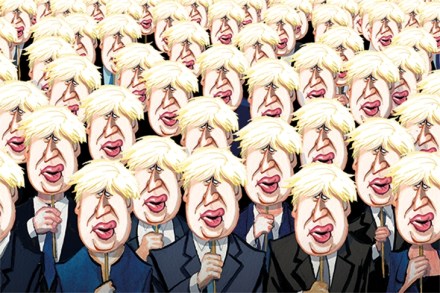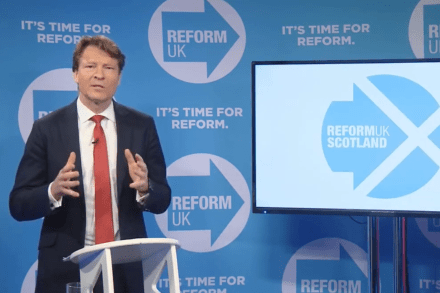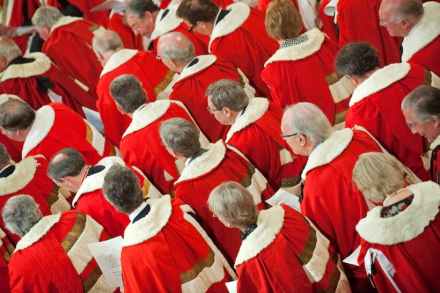The greatest threat to Boris’s legacy
The government is starting to have an opinion poll problem, but it has nothing to do with any great threat from Keir Starmer or the Labour party. While the Tory ratings have gone from high to low 40s and Boris Johnson is not as extraordinarily popular as he was in January last year before the advent of the first dry cough of coronavirus, that’s not the issue of concern at all. On the contrary, the problem is that the Prime Minister may be getting addicted to favourable ratings and increasingly unwilling to put them in jeopardy by taking difficult or unpopular decisions. The latest evidence for this view came in





